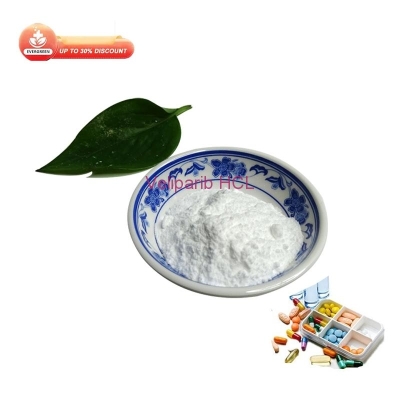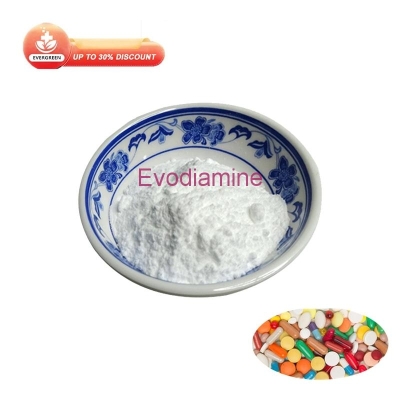-
Categories
-
Pharmaceutical Intermediates
-
Active Pharmaceutical Ingredients
-
Food Additives
- Industrial Coatings
- Agrochemicals
- Dyes and Pigments
- Surfactant
- Flavors and Fragrances
- Chemical Reagents
- Catalyst and Auxiliary
- Natural Products
- Inorganic Chemistry
-
Organic Chemistry
-
Biochemical Engineering
- Analytical Chemistry
- Cosmetic Ingredient
-
Pharmaceutical Intermediates
Promotion
ECHEMI Mall
Wholesale
Weekly Price
Exhibition
News
-
Trade Service
Colorectal cancer is the gastrointestinal malignant tumor with the highest incidence.
The latest global cancer burden data released by the World Health Organization (WHO) International Agency for Research on Cancer (IARC) in 2020 shows that there will be 1.
93 million new cases of colorectal cancer worldwide in 2020 , Second only to breast and lung cancer
.
In China, the incidence of colorectal cancer ranks second, second only to lung cancer
The top ten cancers worldwide in 2020
The top ten cancers with global incidence in 2020 The top ten cancers with global incidence in 2020Obesity is a recognized risk factor for cancer in many tissues including the intestine
.
Among all risk factors for colorectal cancer, diet may be the most easily controlled environmental and life>
On June 8, 2021, researchers from the Massachusetts Institute of Technology in the United States published a research paper titled: High-fat diet-activated fatty acid oxidation mediates intestinal stemness and tumorigenicity in Cell Reports, a subsidiary of Cell
.
The study showed in more detail how a high-fat diet triggers a series of molecular cascades that lead to the occurrence of intestinal cancer, and provides new ideas for the study of the mechanism of colorectal cancer and the prevention and treatment of colorectal cancer
.
When food is broken down and enters the intestine, intestinal stem cells (ISC) on the inner surface of the intestine interact with them and sense and respond to fat levels through high-fat sensor molecules in the cells
.
In this process, peroxisome proliferator-activated receptors (PPARs) are involved in inducing cell programs and increase the risk of cancer.
However, because PPARs have three subtypes of PPARα, PPARγ, and PPARδ, and their functions are complex, the exact mechanism is still unknown.
Clear
.
The research team first tried to explore the role of a single PPARα and PPARδ
.
They gave the mice a long-term high-fat diet or a normal diet, while carefully monitoring the activities of individual PPARα and PPARδ.
High-fat diet is rich in long-chain fatty acids.
Cpt1a is a mitochondrial protein necessary for transporting long-chain fatty acids to mitochondria in the process of cellular fatty acid oxidation and metabolism
.
The research team further constructed Cpt1a knockout mice and gave them a high-fat diet, and found that Cpt1a knockout can prevent the expansion and proliferation of stem cells and prevent the formation of intestinal tumors
.
In addition, these research data can track the entire cancer development process from the diet process to tumor formation
.
The fat in the obesity-promoting high-fat diet (HFD) is broken down into free fatty acids, which are transported to the mitochondria to produce more energy, which promotes the reproduction, growth and regeneration of stem cells in the intestinal tissues, thereby greatly increasing the possibility of genetic mutations , Induced the occurrence of colorectal cancer
More importantly, it removes the important mitochondrial protein CPT1a in the process of fatty acid oxidation, which prevents the dryness and tumorigenic effects of PPARs while ensuring intestinal safety
All in all, this research provides a possible molecular mechanism for colorectal cancer caused by a high-fat diet, and provides new ideas for the treatment and prevention of human colorectal cancer and other intestinal cancers
Original source:
Original source:Miyeko D.
High-fat diet-activated fatty acid oxidation mediates intestinal stemness and tumorigenicity.
Leave a message here







